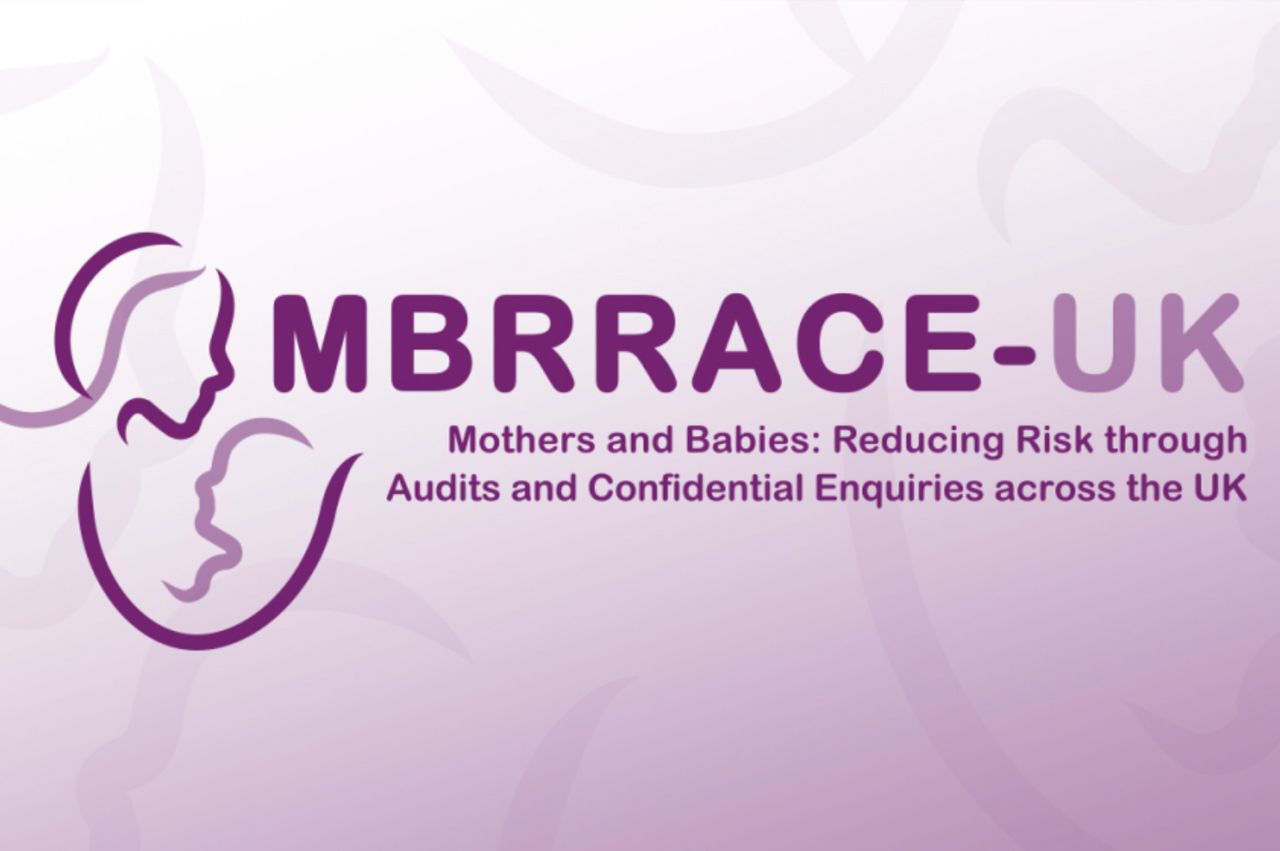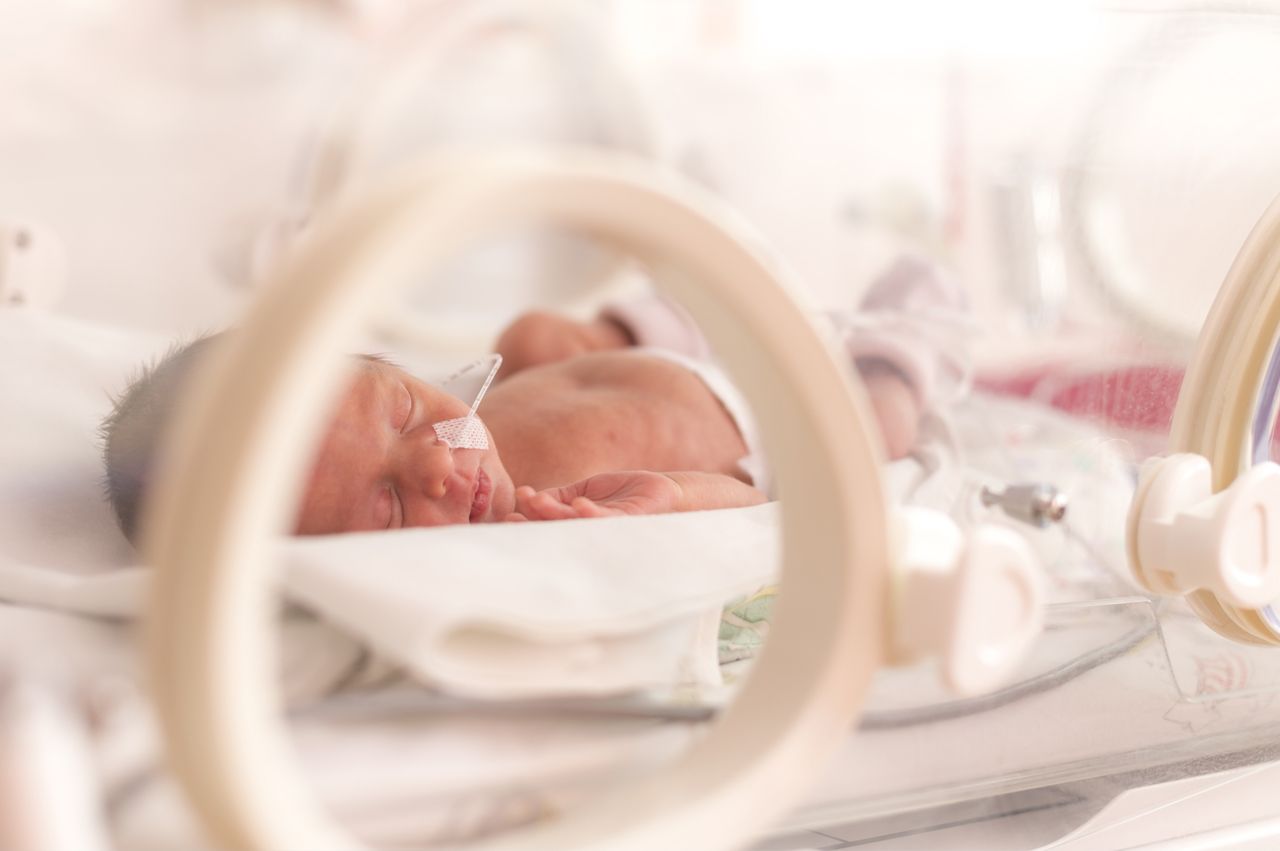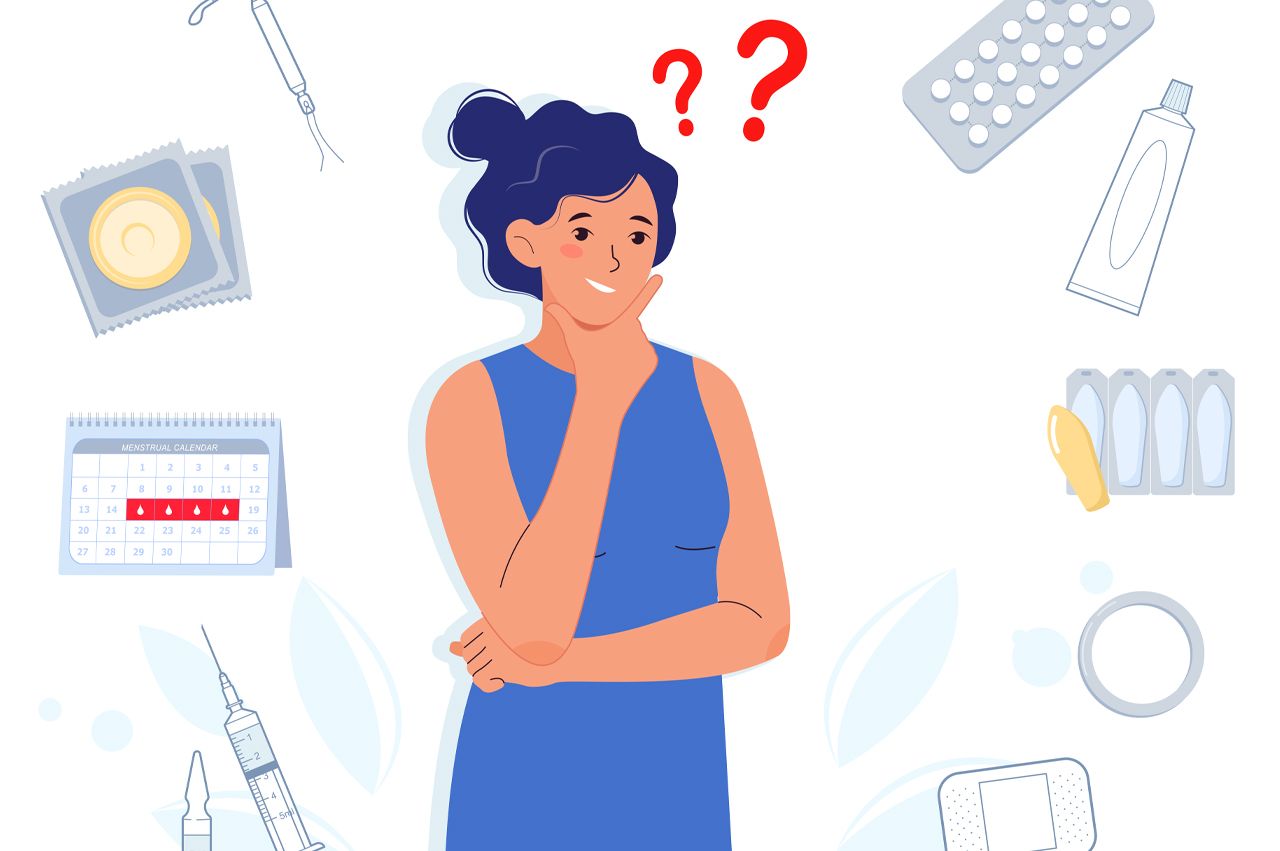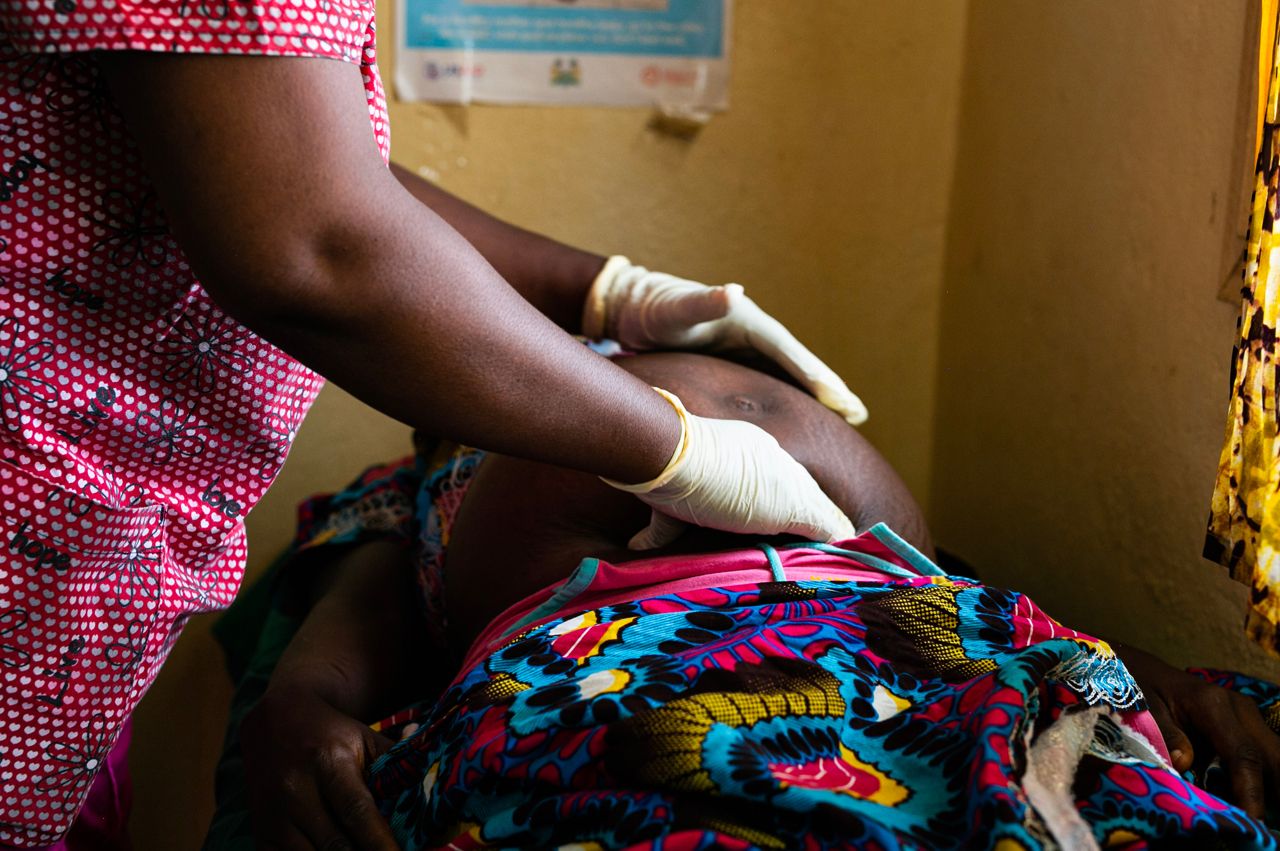Why vulnerable women die
A national cohort study and confidential enquiry using data from the MBRRACE-UK dataset of deaths in pregnancy from 2014 – 2022 and in the year following pregnancy was conducted by a collaborative group including Oxford University, Birth Companions, Kings College London and others.





